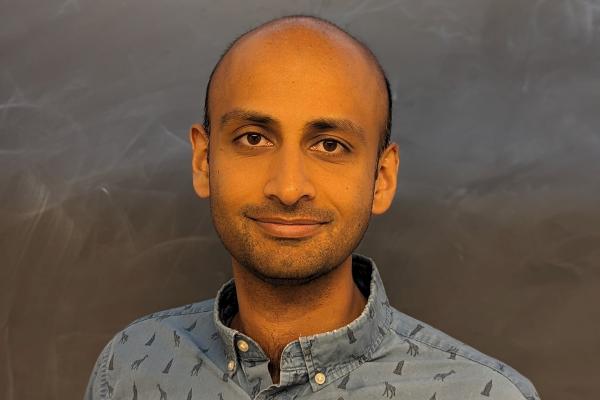
Mon, October 23, 2023
4:00 pm - 5:00 pm
1080 Physics Research Building
Quantum Matter Seminar: Professor Rahul Nandkishore, University of Colorado - Boulder
Ergodicity Breaking in Quantum Dynamics
Event Details
- Time: 4:00 PM - 5:00 PM
- Location: 1080 Physics Research Building
- Faculty Host: Yuan-Ming Lu / Brian Skinner
